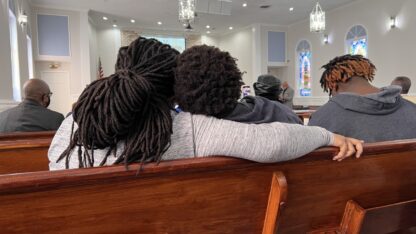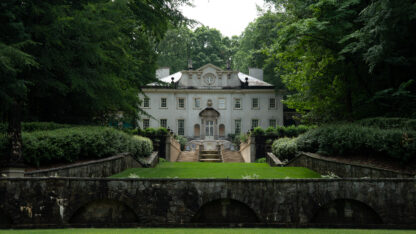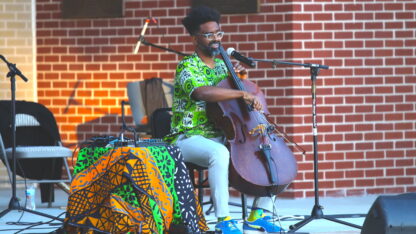Atlanta History Center's Juneteenth event explores the Black lineage of Forsyth and Bagley Park
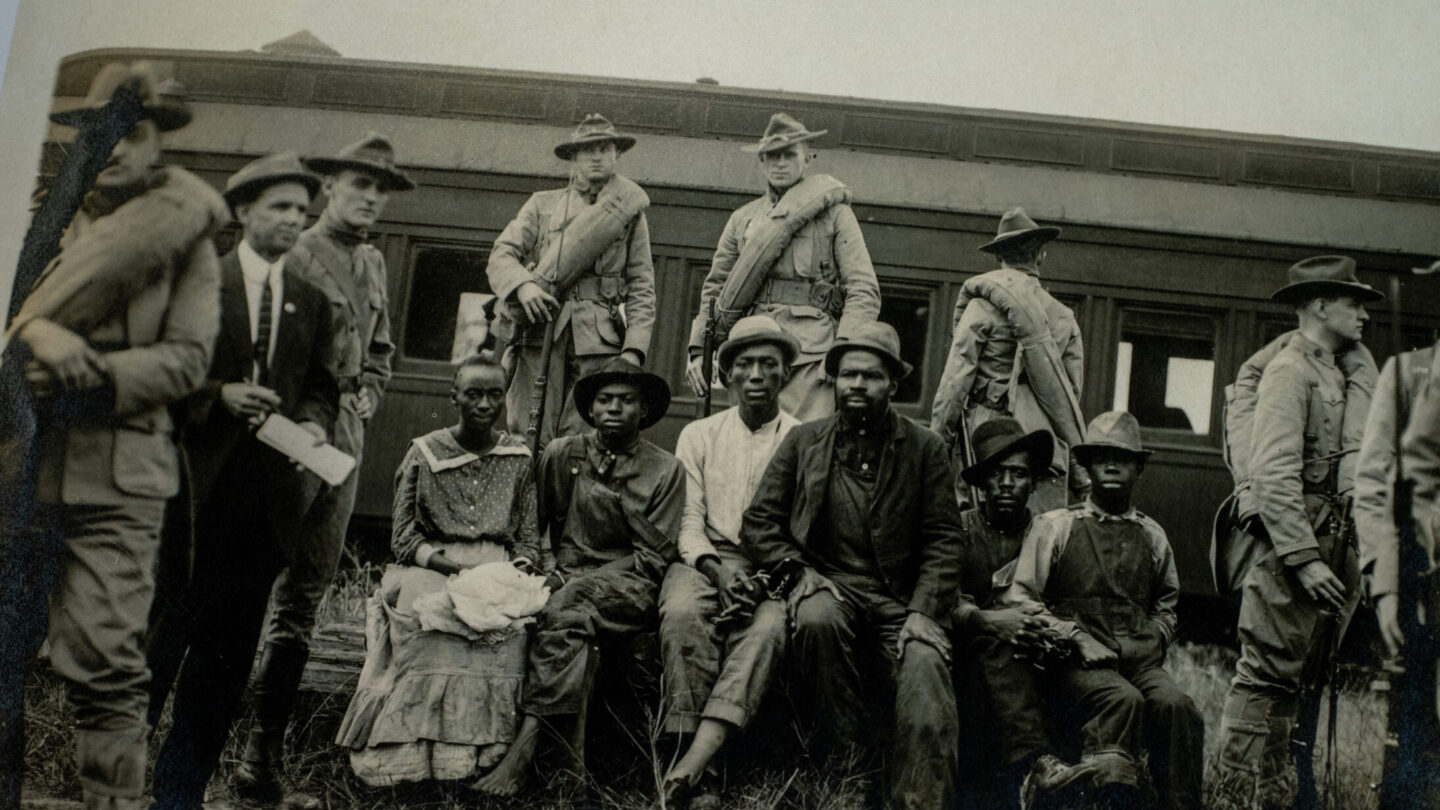
The Atlanta History Center is known for tapping deep into the roots of Atlanta’s racial and sociological history. The center’s ninth annual Juneteenth celebration on Sunday will continue that tradition, focusing on the Black Atlanta residents forced to flee their homes twice in the first half of the 20th century.
The free-to-public celebration appropriately titled “Planted” is dedicated to the holiday, which commemorates the anniversary of the last group of slaves freed in the United States, and embracing the journey of African Americans through the lens of genealogy and agriculture.
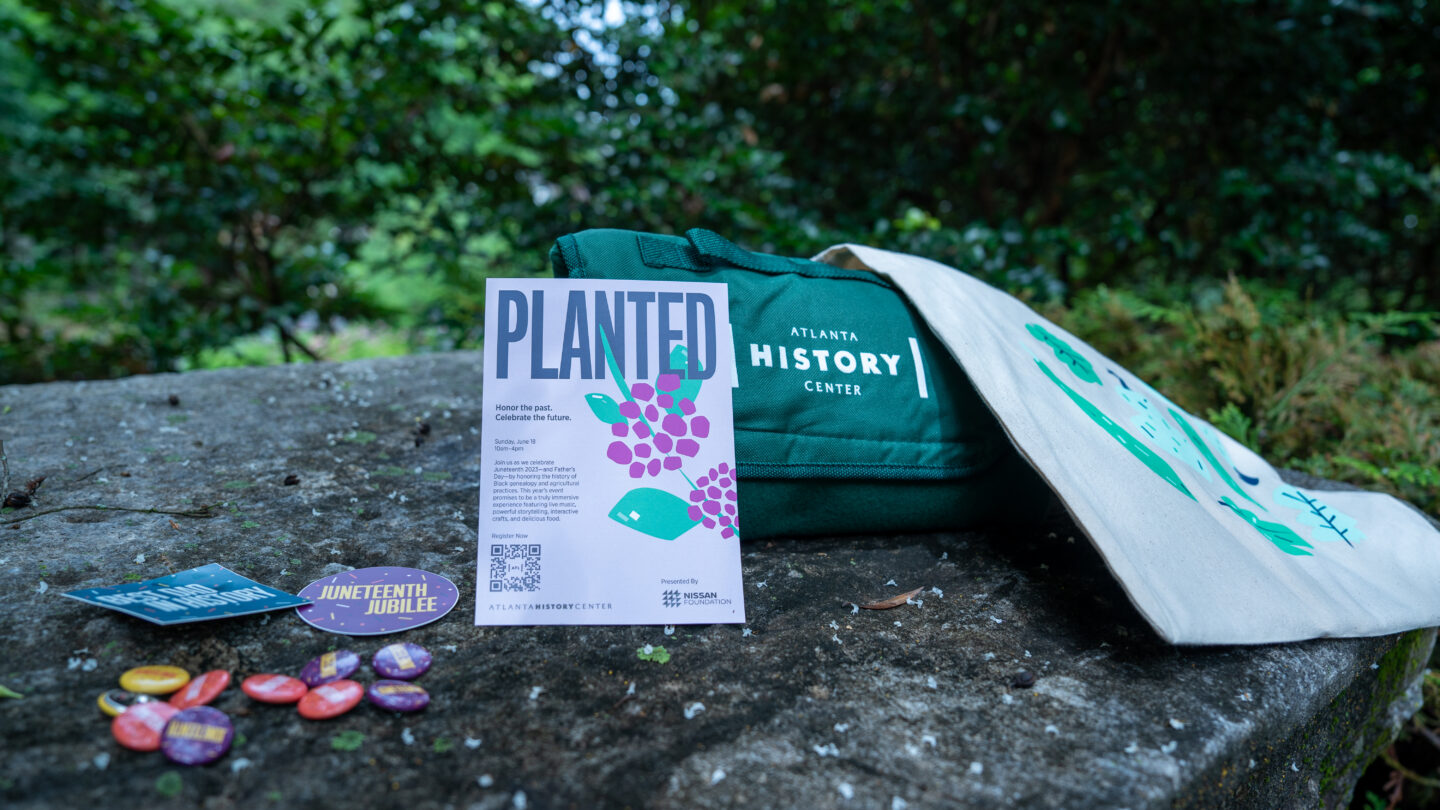
“Those are two really important areas to Black people in this country … and is also reflectable of a lot of the work of what we are doing at the history center,” said Kristian Weatherspoon, vice president of digital storytelling at the Atlanta History Center. “We, over the last two years, have really been intentional about how we have focused all of the activities on campus to focus on education and celebration.”
Weatherspoon says the center estimates roughly 3,000 visitors take to part in the celebration, which includes a number of curated activities throughout the museum and its 33 acres of farmlands, gardens and interpretive space.
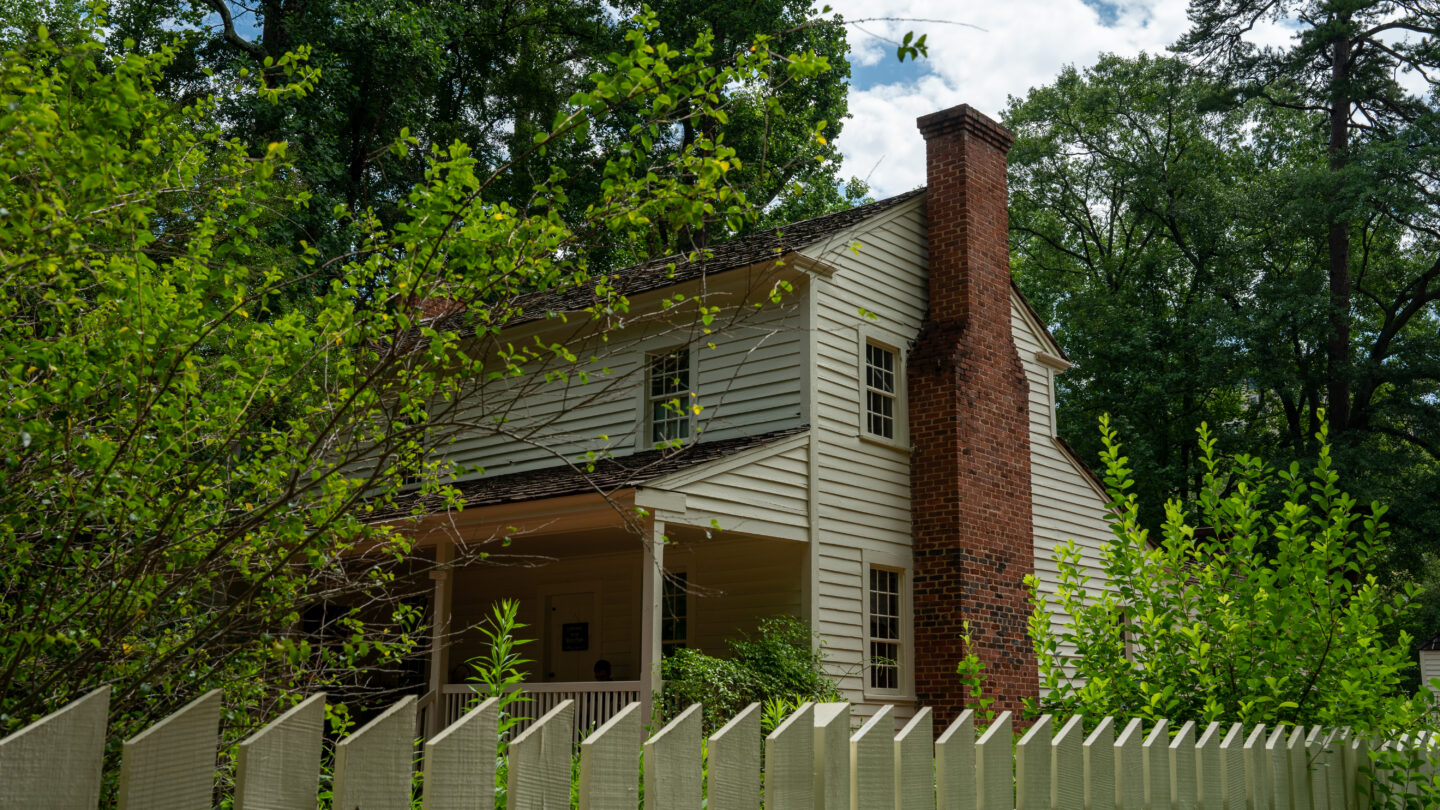
Smith Farm, a standing farmland on the property depicting 19th-century architecture and artifacts, will be transformed into an interpretive look into the Reconstruction period for African Americans through a twenty-minute theater performance written specifically for the center.
The farm will also feature a tour of a standing enslaved person’s cabin to give a closer look at the living conditions of African Americans during the early and mid-1800s.
Additional activities, such as folktales of the Gullah Geechie culture and a tour of the Smith Gardens, will also be available within the premises. The festivities on the lawn of The Swan House, a mansion located on the edge of the premises, will see the celebration take a turn to more family-fun outdoor activities such as lawn games, face painting and live music, complete with catering from Black-owned establishments.
The most anticipated exhibit of the celebration showcases the history of the founding — and later deconstruction — of Bagley Park, an African American community in Buckhead founded by William Bagley in the early 20th century.
Originally a resident of Forsyth County, Bagley and his family fled from the area in 1912 following a string of racially motivated attacks and killings of the county’s Black residents.
“There were two insistences of white women being assaulted, and the first white woman, Ellen Grice, claimed that two local Black men assaulted her. Shortly after that, another white woman, Mae Crow, was found unconscious after she had been assaulted … white residents accused five local Black residents of assaulting her. She later died of her injuries, so also murder,” said Sophia Dodd, digital storytelling research assistant at the center.
The death of Crowe resulted in a trial in which two Black teenagers were convicted of murder and hung in downtown Cumming to a crowd of thousands. In the aftermath, white residents forced over 1,000 Black residents to abandon their properties and businesses and flee the county.
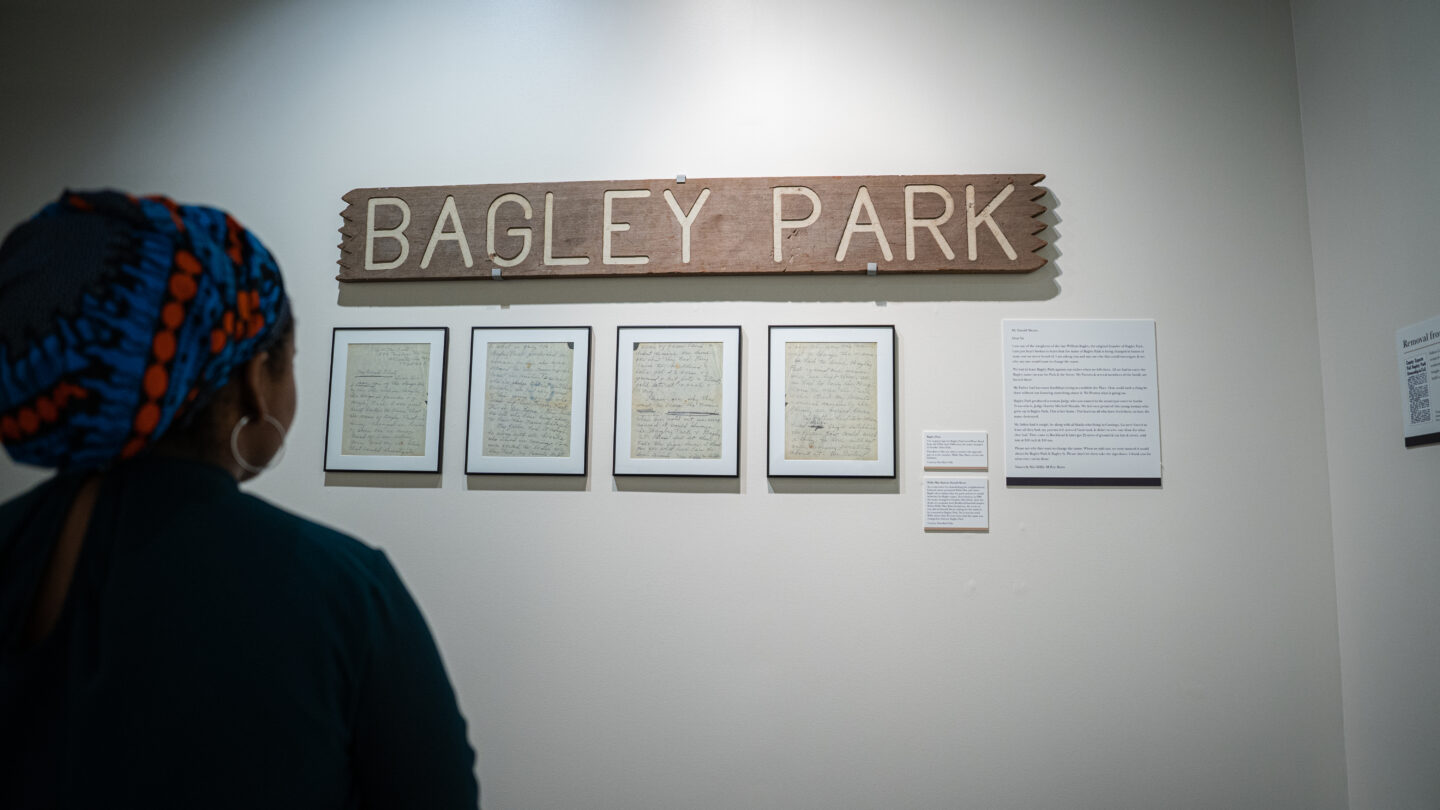
Many residents fled to the nearby counties of Cobb, Hall and Gwinnett. Bagley and his family migrated to Fulton, purchased six lots of land in Buckhead in 1929 and established Bagley Park.
The community served as a haven for Black Atlanta residents, with 400 families at its peak residing there. Unfortunately, these residents were also forced to leave the area in the 1940s after complaints from white residents who bordered the community made their way to the county. By the 1950s, the entire area, including homes, businesses and churches, were condemned.
For over a year, Dodd and her team have searched for the descendants of residents from Forsyth County and Bagley Park.
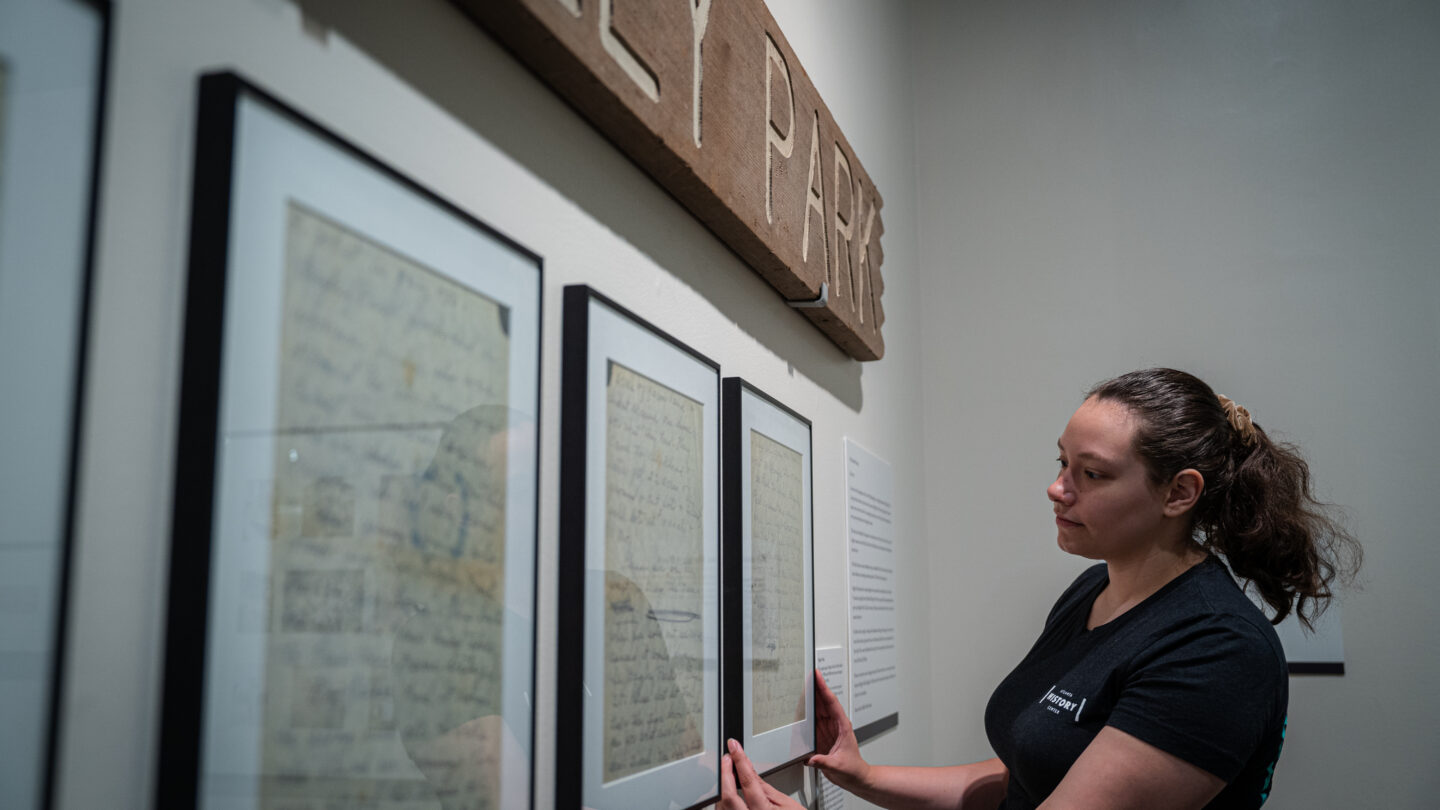
Dodd and her team have been able to locate family members of 700 out of the 1,000 residents that were displaced in Forsyth. They developed a relationship with Elon Osby, the granddaughter of Bagley, who has provided the center with a collection of personal photographs and artifacts from her family lineage.
In addition, Osby will participate in a panel discussion during the celebration featuring two other descendants of Forsyth County residents, Charles Grogan and Chase Evans.
“It’s been a long process of genealogy work and then working directly with descendants,” Dodd said, who first became invested with the stories of the Forsyth and Bagley residents after researching her own family lineage as a lifelong resident of Forsyth County.
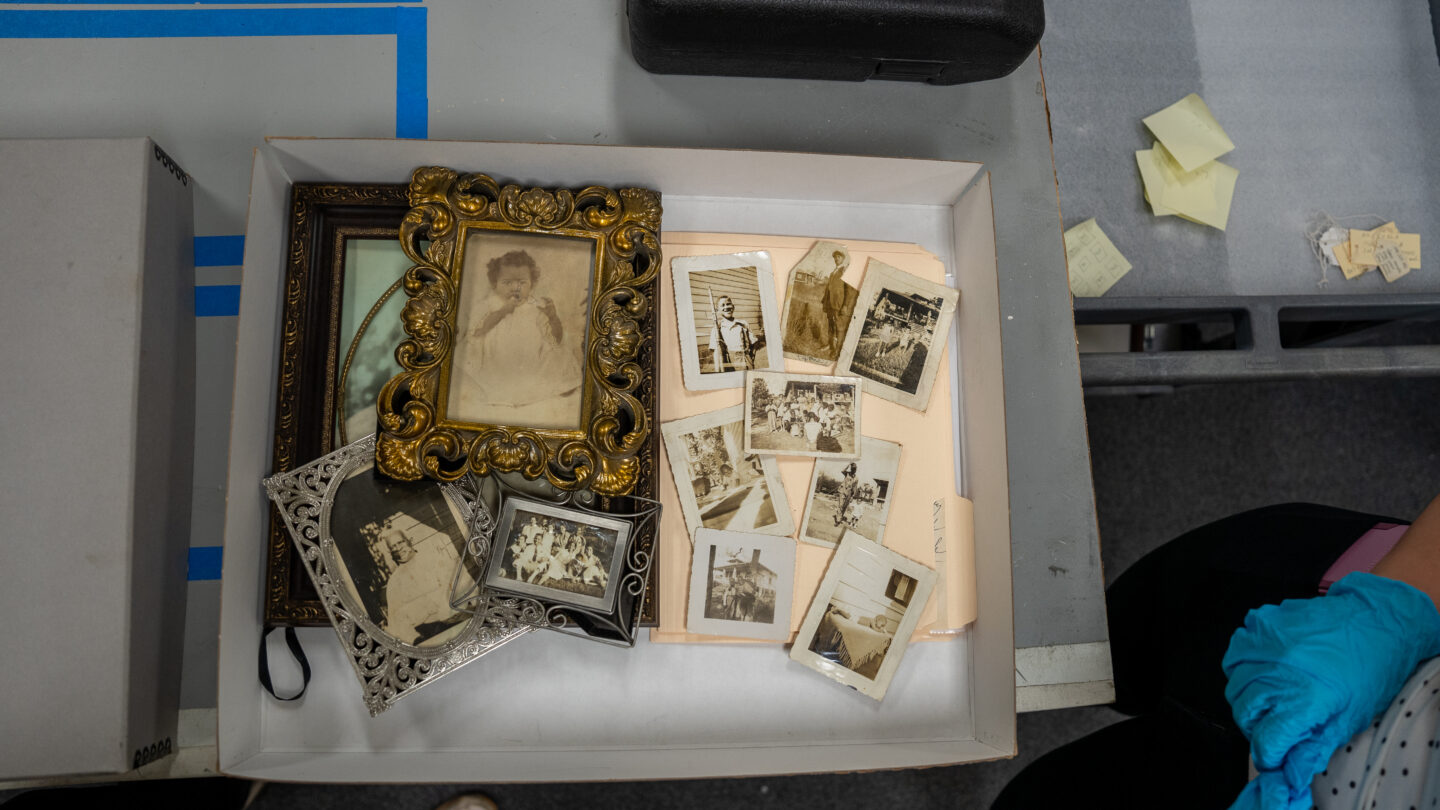
“It is truly really and under-told story … and a lot of it manifests itself right here in our backyard here in Buckhead,” Weatherspoon added.
Weatherspoon notes as well that due to many African Americans being unfamiliar with their family lineage, the center had coordinated a workshop with certified genealogist Elyse Hill, who will assist African American guests with information on how to go about the process of researching their own family history.
She acknowledges that the conversations are difficult for many residents to face but says not acknowledging history won’t change what happened.
“What’s critical about this history is that people need to know it, and I think that there is a certain barrier that we need to cross in that people need to understand these events happened, that they are real and they have real implications,” she said.
“We are intently working around bringing people together for a place of conversation, around what we know are uncomfortable histories … but just because they are uncomfortable doesn’t mean we don’t have an obligation to explore them. It’s part of the journey.”
